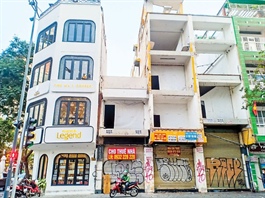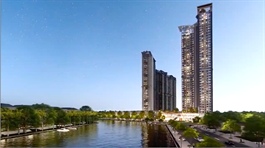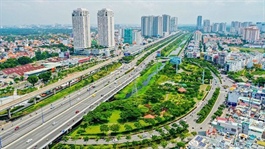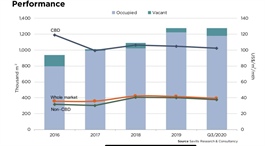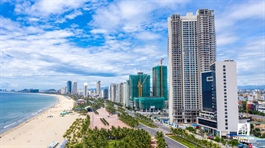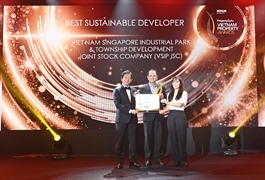Vietnam to finalize legal framework for smart city model
Vietnam to finalize legal framework for smart city model
Vietnam has already held a number of advantages for smart city development, including a broad coverage of 4G network, high accessibility of IT services and smartphone penetration in the country.
The Vietnamese Ministry of Construction (MoC) will focus on perfecting the legal framework for the smart city model, according to Minister of Construction Pham Hong Ha.
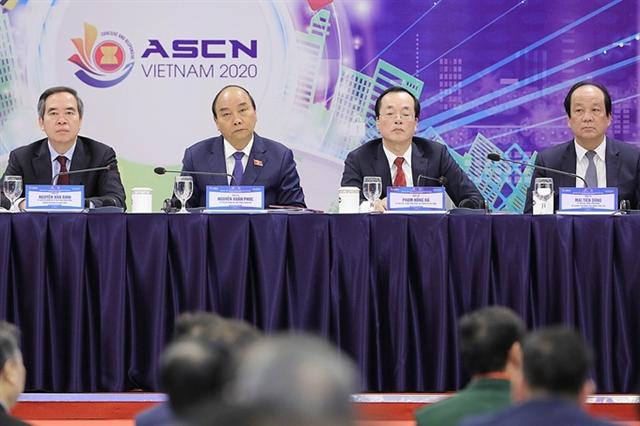
Prime Minister Nguyen Xuan Phuc and senior government officials at the ASEAN Smart Cities Summit. Source: Party Central Committee’s Economic Commission.
|
By 2022, the MoC is scheduled to submit a draft law on urban management and development to the National Assembly, and finalize related national standards and criteria, said Mr. Ha at the ASEAN Smart Cities Summit and Expo 2020 on October 22.
Mr. Ha also informed that the MoC would be responsible for approval, master planning and drafting technical design for smart city projects during the 2021 – 2022 period.
In the meantime, the MoC is developing assessment criteria for smart city projects, including a common evaluation framework for smart city development in different urban types; information and communication technology (ICT) framework for reference; specialized socio-economic indicators for smart cities and green projects.
Notably, Minister Ha said the MoC would soon complete a strategy stipulating resource allocation for smart city projects, providing which types would be financed with funding from the state budget, provincial budget or social resources.
At the summit, Head of the Party Central Committee’s Economic Commission Nguyen Van Binh said the development of smart cities has become more urgent, mainly due to rapid urbanization globally.
Mr. Binh referred to a study that estimates around 55% of the world population is living in urban areas, and by 2050, the rate would rise to 70%.
While urban cities make up 80% of global GDP, they also account for 70% of carbon emissions. Additionally, high population density in cities also poses challenges to natural resource consumption and risk of overloaded infrastructure.
These issues are of particular concern amid the Covid-19 pandemic and climate changes, as countries with long coastal lines are among the most vulnerable, Mr. Binh stated, adding the sustainable development of smart cities is essential in this situation.
Minister of Construction Ha also expected smart cities would help enhance efficiency in socio-economic development and accelerate the economic restructuring process, among other benefits.
In the case of Vietnam, the country has already held a number of advantages for smart city development, including a broad coverage of 4G network, high accessibility of IT services and smartphone penetration in the country.
In August 2018, Prime Minister Nguyen Xuan Phuc approved the strategy for sustainable smart city development in the 2018 – 2025 period, with a vision to 2030.
Under the plan, by 2025, Vietnam would have at least six metropolises representing six major economic zones. In five years' time, Vietnam is set to form a network of smart cities nationwide.



